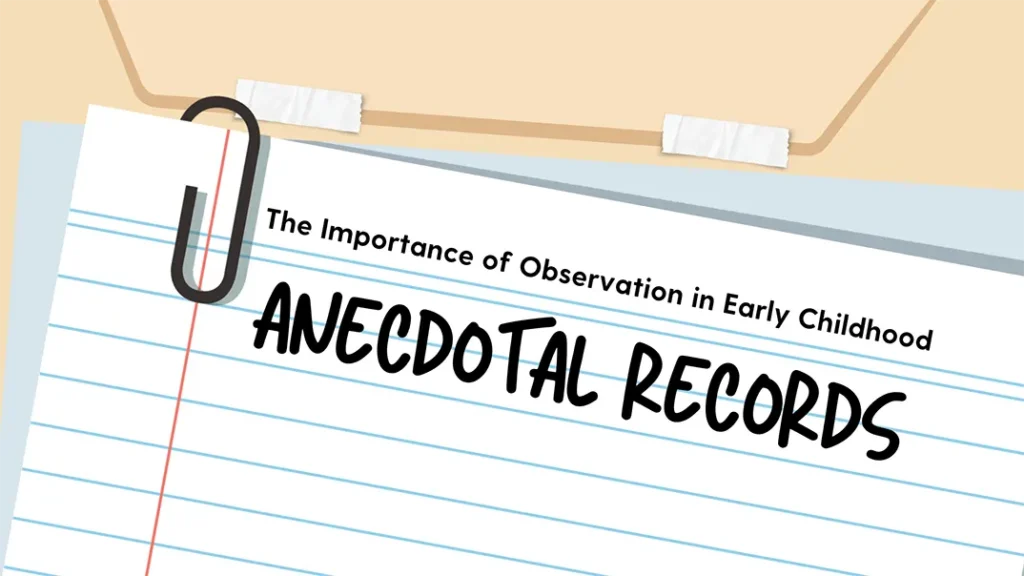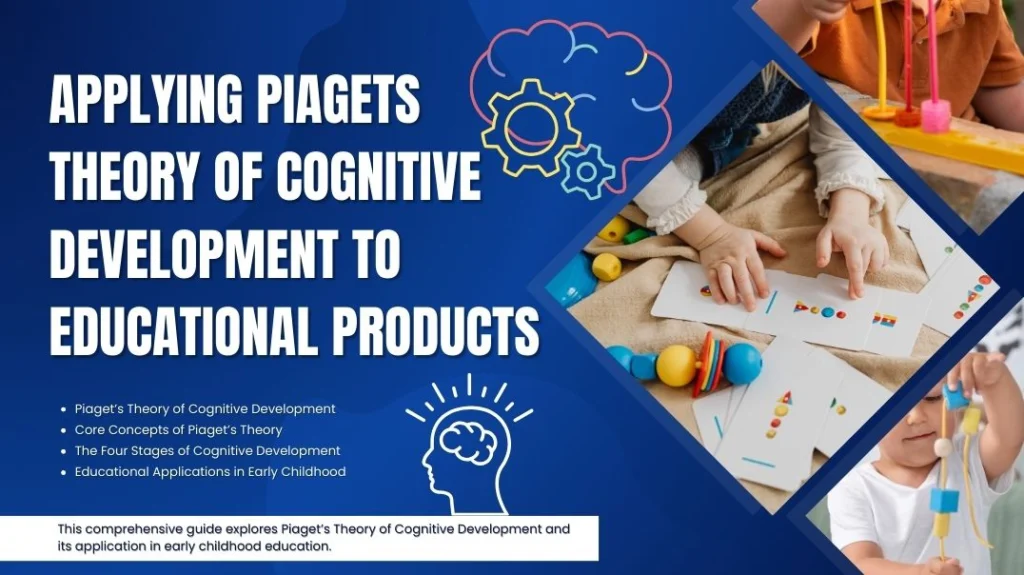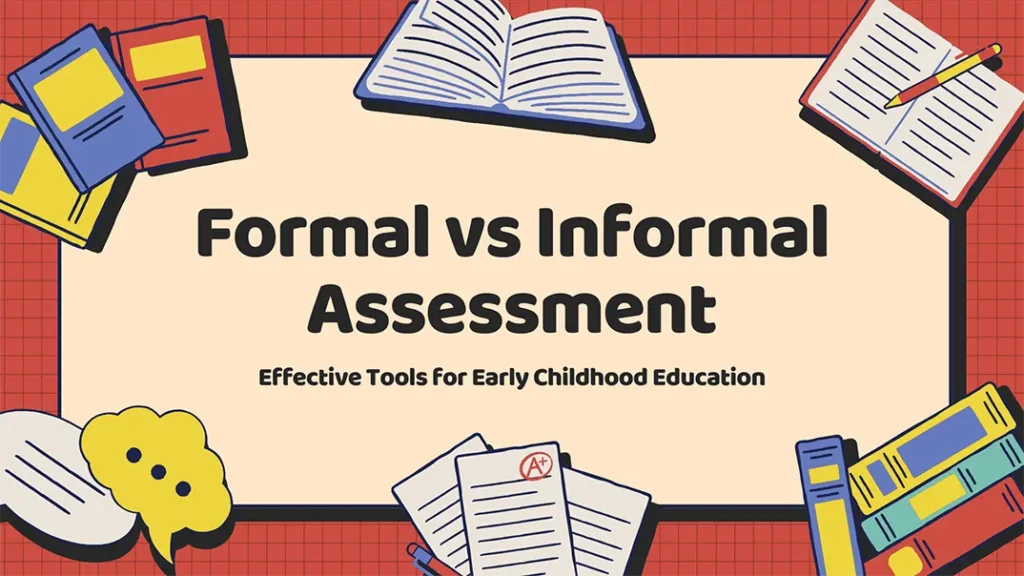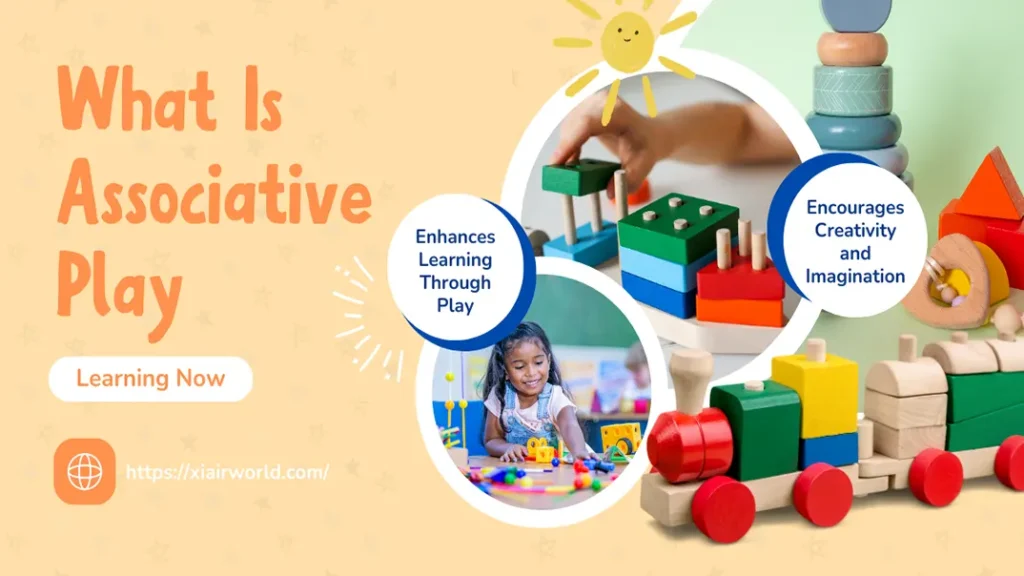Cognitive Development in Early Childhood: What Parents and Teachers Should Know

This article explores essential concepts, stages, and milestones of cognitive development, offering actionable guidance for parents and educators. Through a blend of expert insights and practical strategies, readers will understand how to nurture a child’s mental growth during these formative years.
Lev Vygotsky Theory Shaping the Future of Preschool Learning Spaces

This in-depth guide explores how the Lev Vygotsky Theory applies to modern preschool education. It connects key concepts like the Zone of Proximal Development (ZPD), scaffolding, and social interaction to practical classroom strategies and product design. Perfect for educators and early learning suppliers looking to create environments that truly support child development through intentional, theory-based setups.
What Toy Would a Preschooler Play With at Different Developmental Stages?

Preschoolers develop rapidly, and the toys they engage with can significantly influence their learning, motor skills, and social abilities. This article helps you understand what toy would a preschooler play with at different stages of development. It offers clear, age-appropriate toy suggestions that support learning, creativity, and physical growth. Perfect for parents and caregivers who want to choose the right toys for their preschooler’s changing needs.
Anecdotal Records in Early Childhood Education: What, Why, and How

This article delves into what anecdotal records are, the reasons they are crucial for understanding and supporting young learners, and how educators can create and use them effectively. With a focus on practical application and developmental relevance, this guide provides early childhood professionals with the tools to document observations meaningfully, enhance curriculum planning, and foster strong partnerships with families.
Applying Piagets Theory of Cognitive Development to Educational Products

A concise guide to Piaget’s Theory of Cognitive Development, covering key concepts, four developmental stages, and how they influence early childhood education, classroom design, and product development. Ideal for educators and designers seeking developmentally aligned learning environments.
How to Teach Kids Teamwork in a Fun and Practical Way?

Learn how to teach kids teamwork at every age—from preschool to pre-teens—using targeted strategies, structured team roles, and engaging classroom activities. This article also addresses common group challenges like conflict, unequal participation, and low engagement, with solutions for real-world classrooms.
Formal vs Informal Assessment: Effective Tools for Early Childhood Education

This article compares these two approaches, examining their unique benefits, limitations, and applications. Educators will gain insight into the differences between each type of assessment to help them choose the right approach to monitor development, guide instruction, and meet children’s individual needs.
What Is Associative Play: Understanding It in Early Childhood Development

This article explores the definition, characteristics, benefits, and developmental importance of associative play, offering valuable insights for parents, educators, and caregivers to better support a child’s social growth.
A Guide to Teaching Letter Recognition in Early Childhood Education

Teaching letter recognition is a cornerstone of early childhood education. This article provides a comprehensive guide for early childhood educators and parents on effectively teaching letter recognition. Educators will find developmentally appropriate practices, hands-on strategies, and real-world applications to make letter learning fun, meaningful, and effective.